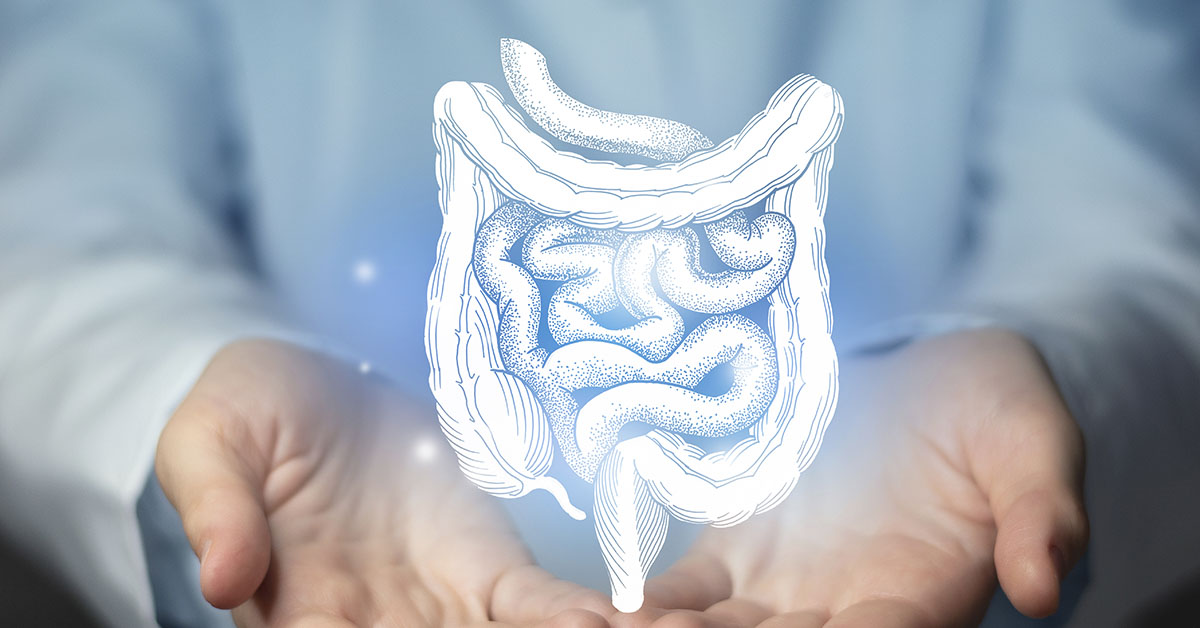Colon cancer is a serious disease and a leading cause of cancer-related deaths. However, studies suggest that adopting certain lifestyle changes can significantly reduce the risk of developing this type of cancer. A recent study claims that almost 50% of colon cancer cases could be prevented by implementing these ten strategies. By incorporating these habits into your everyday life, you can proactively take steps toward reducing your colon cancer risk.
10 Ways To Reduce Your Risk of Colon Cancer
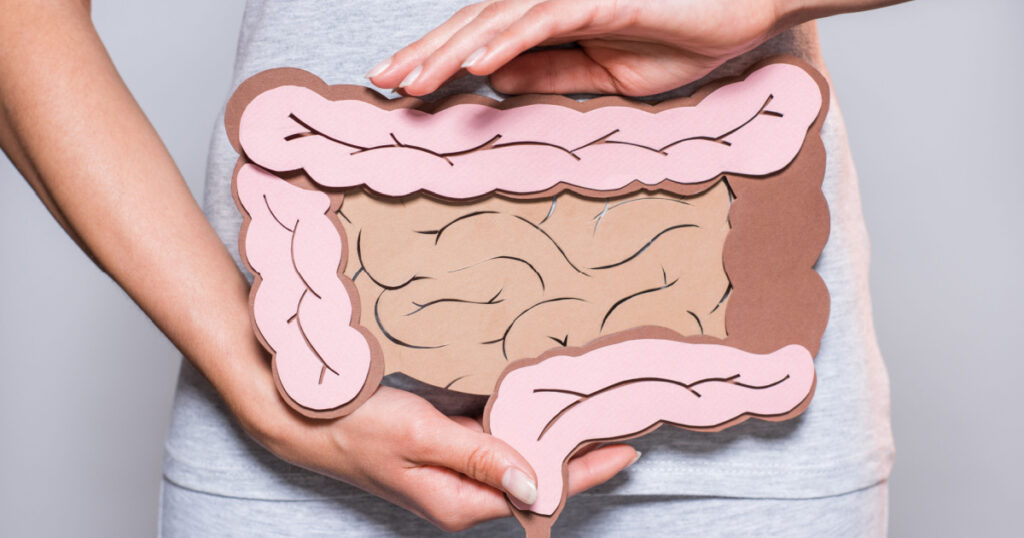
Anyone who has been touched by colon cancer, either those receiving the diagnosis or someone they love, knows how scary it is. It is one of the leading causes of cancer-related deaths in the United States, with its prevalence seeming to continue to rise. Thankfully, there are many things that you can do to help reduce your personal risk of developing it. A recent study claimed that as much as 50% of colon cancer cases could be prevented if we would only take certain measures in our daily lives to do so. This is what they found and the changes you can start making now to prevent this deadly disease. (1)
Read: 23 Year Old Woman Diagnosed with Aggressive Bile Duct Cancer Reveals Early Symptoms She Ignored
1. Choose a Healthier Protein Source

Swap out red and processed meats for leaner alternatives like poultry, fish, and plant-based proteins. High consumption of red and processed meats has been associated with an increased risk of colorectal cancer. By replacing these meats with healthier options, you can lower your risk and promote a nutritious diet. (2)
2. Embrace Unsaturated Fats

Make unsaturated fats, such as those found in nuts, seeds, avocados, and olive oil, your primary source of dietary fat. These healthier fats have been linked to a reduced risk of colon cancer compared to saturated and trans fats. (3)
3. Opt for Whole Grains, Legumes, and Fruits
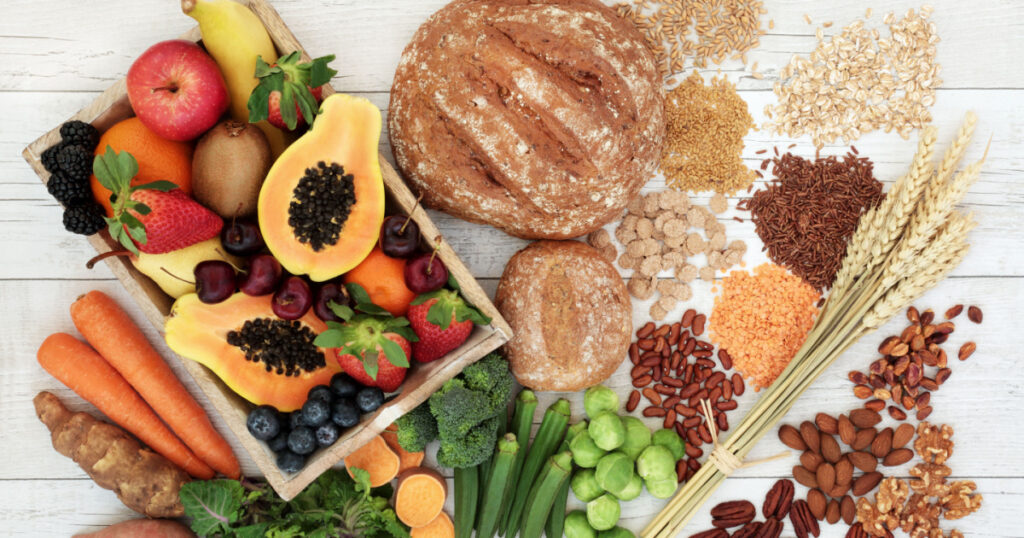
Replace refined grains and starches with wholesome sources such as whole grains, legumes, and fruits. This dietary shift provides essential fiber, vitamins, minerals, and natural antioxidants, which have been associated with a lower risk of colon cancer.
Read: How Do Our Emotions Effect Cancer Growth?
4. Consider Calcium Supplementation

Including calcium supplements in your diet may be moderately beneficial in reducing the risk of colon cancer. Consult with your healthcare provider to determine the appropriate dosage for your specific needs.
5. Maintain a Healthy Weight
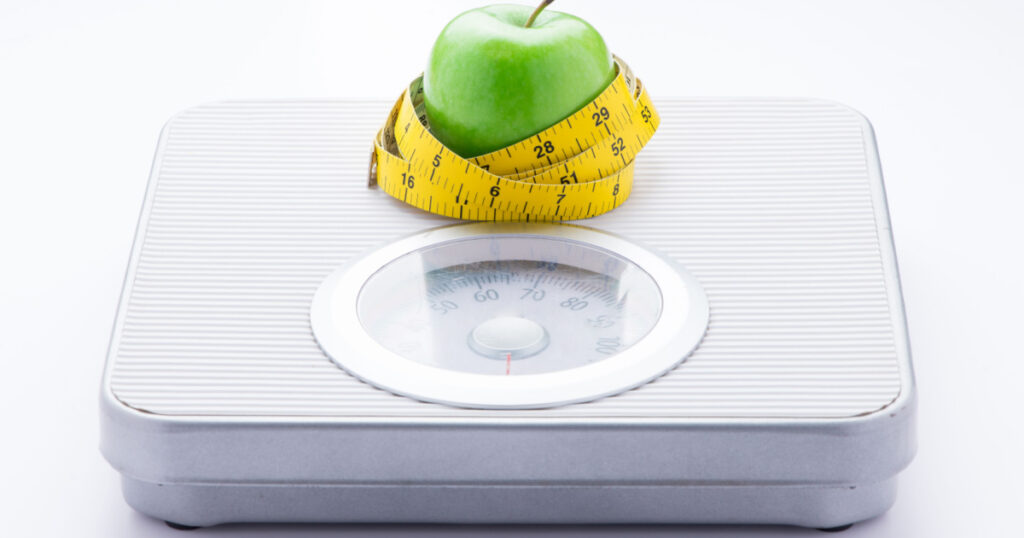
Prevent weight gain and aim to maintain a healthy weight throughout your life. Obesity has been linked to an increased risk of colon cancer, so adopting healthy eating habits and staying physically active can significantly reduce this risk. (4)
6. Avoid Smoking and Limit Alcohol Consumption

There is compelling evidence that smoking and heavy alcohol intake are associated with a higher risk of colon cancer. By quitting smoking and limiting alcohol consumption, you can significantly decrease your chances of developing this disease.
Read: Another Reason to Love Your Dog – They Can Sniff Out Cancer!
7. Engage in Regular Physical Activity

Regular exercise, including activities like walking, jogging, swimming, or cycling, has been consistently linked to a lower risk of colon cancer. Aim for at least 150 minutes of moderate-intensity activity or 75 minutes of vigorous activity each week.
8. Consult with Your Doctor Regarding Medications

Discuss the potential benefits of medications such as aspirin, non-steroidal anti-inflammatory drugs (NSAIDs), and post-menopausal hormones with your healthcare provider. These medications have been associated with significant reductions in colon cancer risk, but it’s important to weigh them against any potential risks for you personally.
9. Prioritize Regular Screening

Undergo regular colon cancer screenings as recommended by your healthcare provider, especially if you have a family history or are at higher risk due to other factors. Early detection can significantly improve treatment outcomes.
10. Ensure Sufficient Vitamin D and Folate Intake

Although the role of supplements in reducing colon cancer risk is still uncertain, maintaining sufficient levels of vitamin D and folate through sunlight exposure and a balanced diet is beneficial. Discuss with your doctor if supplements are necessary for your specific needs.
The Bottom Line
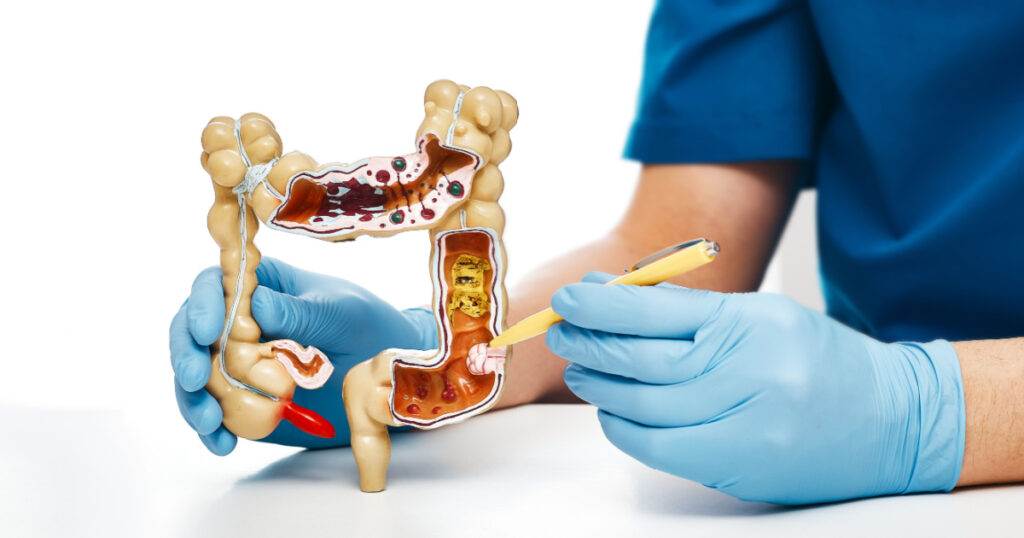
Reducing your risk of colon cancer involves making conscious lifestyle choices that prioritize a healthy diet, regular exercise, and avoidance of harmful habits. By following these ten recommendations, you can take significant steps towards minimizing your risk of developing colon cancer. Remember, early detection and regular screenings are crucial in identifying any potential issues, so consult with your healthcare provider to develop a personalized strategy for lowering your colon cancer risk.
Keep Reading: Spotting These Pancreatic Cancer Symptoms Could Save Your Life
Sources
- “Primary Prevention of Colorectal Cancer.” NCBI. Andrew T. Chan, MD, MPH and Edward L. Giovannucci, MD, ScD. June 1, 2011.
- “What Can I Do to Reduce My Risk of Colorectal Cancer?” CDC
- “Colorectal cancer prevention: What you need to know.” MD Anderson. Danielle Underferth.
- “Colorectal Cancer Prevention (PDQ®)–Patient Version.” Cancer.
